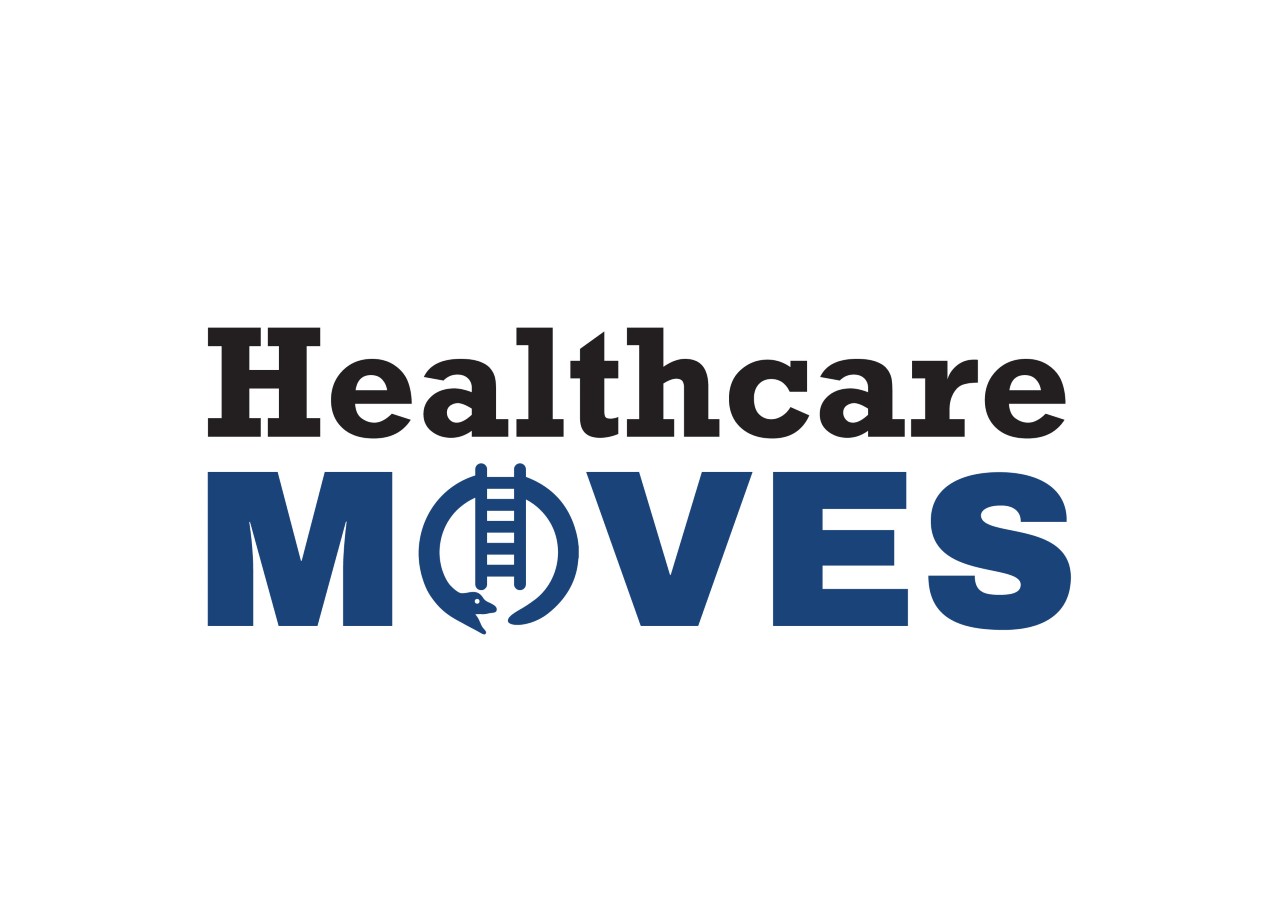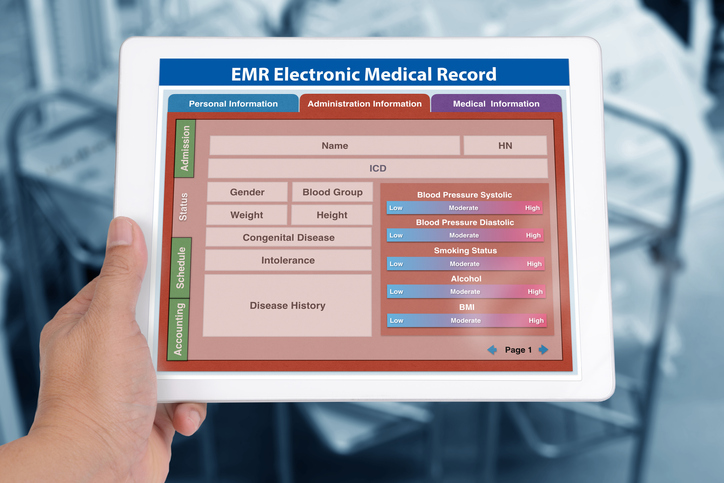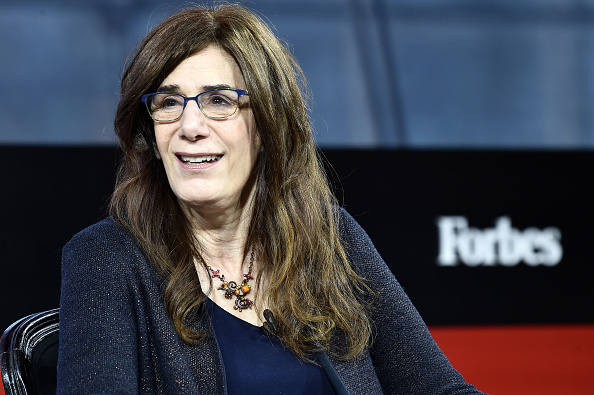
Healthcare Moves: A Monthly Summary of Hires and Layoffs
Here is a selection of recent executive hires, exits, promotions and layoffs occurring across the healthcare industry.

Here is a selection of recent executive hires, exits, promotions and layoffs occurring across the healthcare industry.

Two Congresspeople recently introduced a bill seeking to terminate the VA's Oracle Cerner EHR rollout. The legislation said that the project is too flawed and costly to carry on — the lawmakers called for VA facilities to revert back to the department’s internally developed EHR.

Medical software company Cerner must head to trial for a jury to decide whether its software contained design defects that caused brain damage to a 25-year-old who was undergoing surgery to remove his gallbladder.

Two days after it completed its $28.4 billion acquisition of Cerner, Oracle announced plans to build a national, anonymized health information management system.

Providers would be wise to improve their EMR system response time and reliability, as these two measures critically influence clinician satisfaction. These improvements are acutely needed amid healthcare’s workforce shortage — burnout and EMR dissatisfaction are key factors associated with clinicians' likelihood to resign.

The 2022 U.S. Hospital Market Share report from KLAS states that other than government contracts, "no net-new large health systems have selected Cerner since 2013" though the EMR vendor scored big among small hospitals with less than 200 beds. MEDITECH had major wins among small and large hospitals.

Healthcare IT research company KLAS published its 2022 annual Best in KLAS report where it ranked IT companies in healthcare in a variety of categories. Epic scored the highest in the most categories.

In a sit-down interview after my onstage fireside chat with rival Cerner CEO David Feinberg at ViVE, Epic CEO Judith Faulkner aimed to set the record straight about Epic's capabilities in AI, interoperability as well as describe what developments she is excited about in healthcare.

Dr. David Feinberg spent much of a roughly 20-minute late-morning session Monday talking about the potential benefits of EHRs, but when asked about losing market share in the U.S. in two successive years, he was quick to defend the company.

The companies struck an all-cash deal on Monday for $95-per share. Oracle plans to add a voice interface to Cerner’s electronic health record system.

Oracle is reportedly in talks to buy Cerner for $30 billion, according to the Wall Street Journal. If it closes, it would be the largest health tech deal this year.

A New Jersey bucked the norm of buying the off-the-shelf EHR software from the large electronic health records vendors like Epic and Cerner and built something more aligned with what was needed.

Though the total number of unique apps that integrate with major EHRs, like Epic and Cerner, increased from 600 at the end of 2019 to 734 in December 2020, growth in the number of apps that support the FHIR data exchange standard was stagnant.

Elligo Health Research uses EHR data, technology and services to expand patient access to clinical trials. It will use the new funds to further invest in its technology platform and purchase research practice management company ClinEdge.

Feinberg comes to Cerner from Google Health, which he has led since 2019. The move comes amid news reports that Google plans to dismantle its health division, though the company denies any such plans.